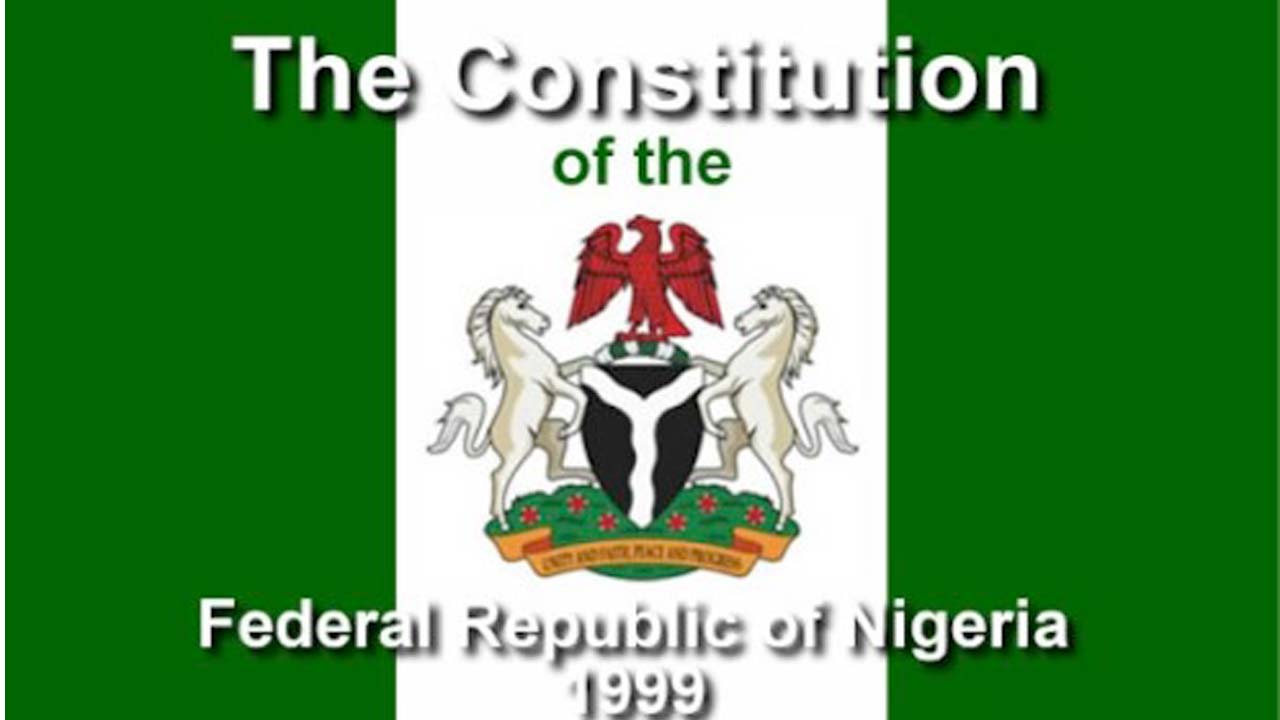The ongoing amendment of the 1999 Constitution presents itself as a veritable platform to amend grey areas in the legislations establishing the Code of Conduct Bureau and Tribunal. The enabling Act establishing the CCB/CCT in 1991 was also recognized as Nigeria’s foremost anti-corruption agency in the creation of the 1999 Constitution.
However, the constitution on its own provided some gaps that further weakens the CCB/CCT. First is that the Constitution establishes the Code of Conduct Bureau (CCB or Bureau) and it comprises a chairman and nine other members: each of whom at the time of appointment, shall not be less than 50 years of age and subject to the provisions of Section 157 of this Constitution shall vacate his office on attaining the age of 70 years. It is observed that, beyond these qualifications, there is no other qualification in terms of academic background or cognate experience provided for the chairman and members of the bureau. Considering the specialized work, they are called upon to do and their description in both the Constitution and the Act as the Bureau, while others who work with them are described as staff of the Bureau, it is imperative that a proper cognate experience be required as qualification to occupy the position of a chairman or member of the Bureau.
Secondly, by the combined reading of S.155 (1) (c) and S.156 (3) of the Constitution, membership of the Bureau is for a period of five years from the date of appointment subject to an option to renew the appointment but there is a qualification for membership provided in S.156 of the Constitution. The Constitution therefore provides very detailed character and integrity related qualifications for membership of the Bureau. But these qualifications still do not amount to unimpeachable integrity as provided in the CCBTA.
Thirdly, the Bureau is mandated by the Constitution to receive declarations by public officers made under Paragraph 12 of Part 1 of the Fifth Schedule to this Constitution. But the Constitution was silent on the process of submitting the declaration by declarants and the Bureau’s method of receiving the declaration of assets and liabilities. However, The Code of Conduct Bureau and Tribunal Act in S.15 (1) prescribes that declarations be submitted in a written form. It also gave the Bureau the power to determine the means to which these declarations would be submitted. It wouldn’t be out of place if the ongoing amendment of the constitution takes cognizance of the digital age and power of information technology to also prescribe online declaration and submission of assets.
Victor Emejuiwe Programme Officer (Good Governance) Centre for Social Justice, Abuja

 Join Daily Trust WhatsApp Community For Quick Access To News and Happenings Around You.
Join Daily Trust WhatsApp Community For Quick Access To News and Happenings Around You.


